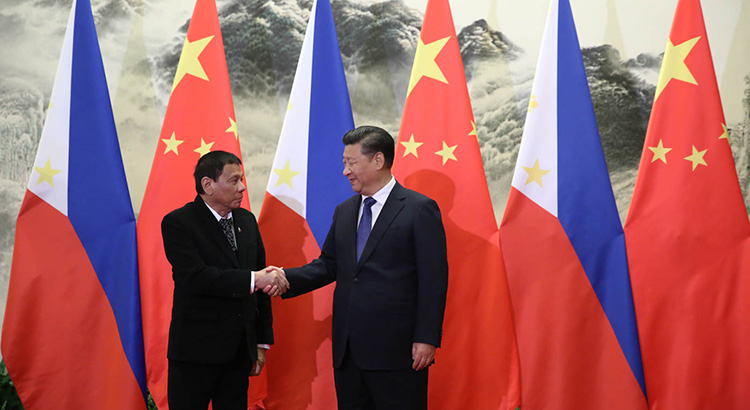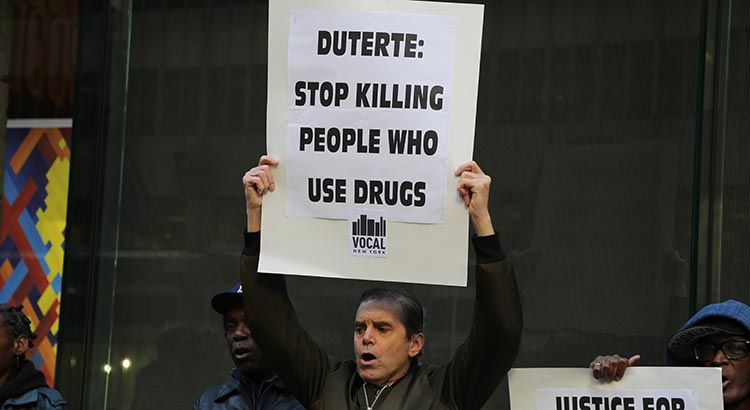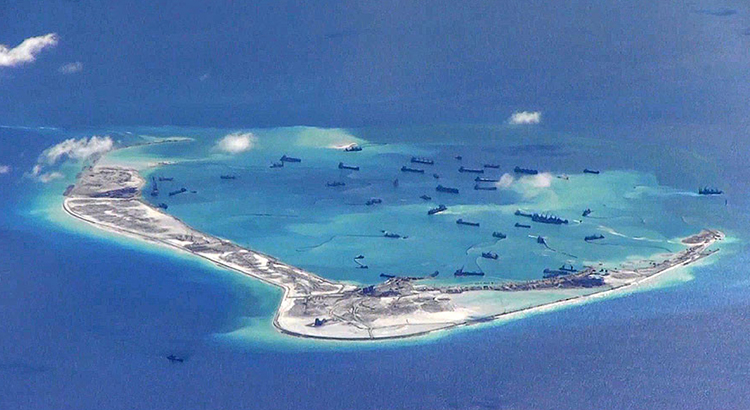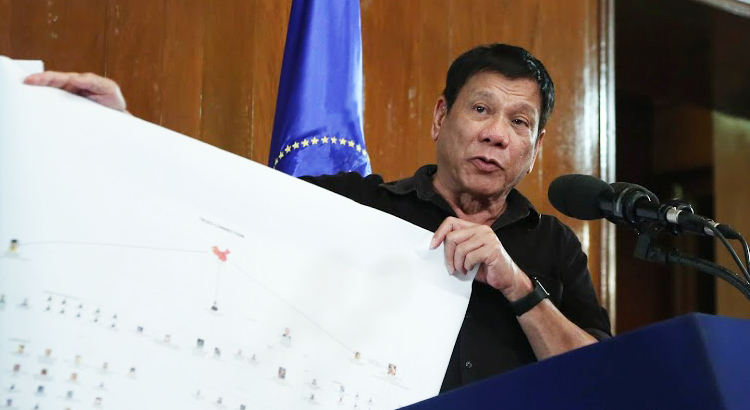Since the election of Rodrigo Duterte to President of the Philippines, the Philippine National Police has waged an unrelenting war against drug crime that cost the lives of thousands of suspects. A spatial and temporal analysis of the past 30 months suggests that violence is slowly receding. While the situation is still highly problematic, a number of positive developments suggest that in an increasing number of provinces police violence is slowly returning to its pre-Duterte levels. While the master-key for ending the killings lies with the central government, provincial governments can do their share to mitigate the deadly repercussions of the Duterte government’s drug war.
Author: Peter Kreuzer

Populism, executive assertiveness and popular support for strongman-democracy in the Philippines
Populists are supposed to thrive on their ability to mirror, condense and radicalize popular demands ignored by establishment politicians. This sketch on the election-promises and later policies of Philippine strongman Rodrigo Duterte suggests that their success is less dependent on any pre-existing radical popular demands, but on their authenticity as leaders who get things done […]

A “Ripe Moment” by Accident? The Turn-Around in Sino-Philippine Relations
In July 2016, the Permanent Court of Arbitration (PCA) rejected most of the Chinese claims in the case on disputed “islands” in South China Sea brought to the Court by the Philippines. The verdict triggered widespread fears of a further escalation of the conflict between China and the Philippines as well as the other claimants and the United States. Yet, the near simultaneous ruling by the PCA and the change in Philippine administration from President Benigno Aquino to Rodrigo Duterte created a “ripe moment” for a fundamental transformation of the crumbling Sino-Chinese bilateral relations.
One Year after the Permanent Court of Arbitration’s Decision on the South China Sea
On July 12, 2016 the Permanent Court of Arbitration (PCA) in The Hague handed down its verdict on the case against China brought to the Court by the Philippines in 2013. The award nullified most of the Chinese claims in the South China Sea. Following China’s rejection of both the Court’s jurisdiction and its adverse decision, confrontation seemed looming. Yet, a year later the storm clouds have dispersed. The rather surprising absence of any crisis in the region rests on two coinciding factors: the legal standards for “islands” developed in the verdict and the change in government in the Philippines.
The Philippines after One Year under Duterte: Still Majority Support for Killing Suspected Criminals
June 30, 2016 saw the inauguration of Rodrigo Duterte as President of the Philippines. The next day Ronald Dela Rosa became the new Director General of the Philippine National Police. With the two came their longstanding strategy for dealing with crime from Davao City to the Philippine nation: tolerate or actively endorse the killing of suspects. One year later, several thousand people have died at the hands of on-duty policemen and vigilantes in a ferocious campaign that aims at eradicating a problem through “social cleansing”. Although public support for Duterte continues, the Philippines staggers towards an increasingly authoritarian state.



